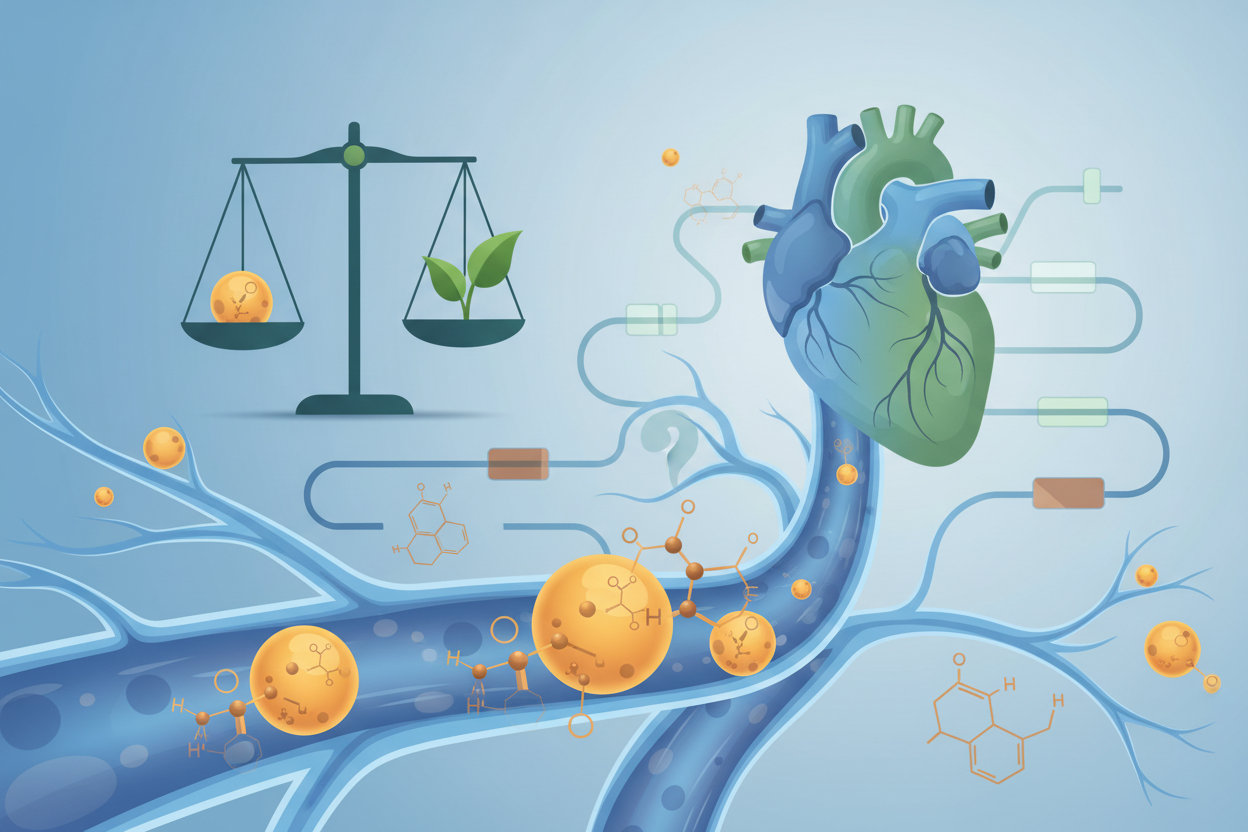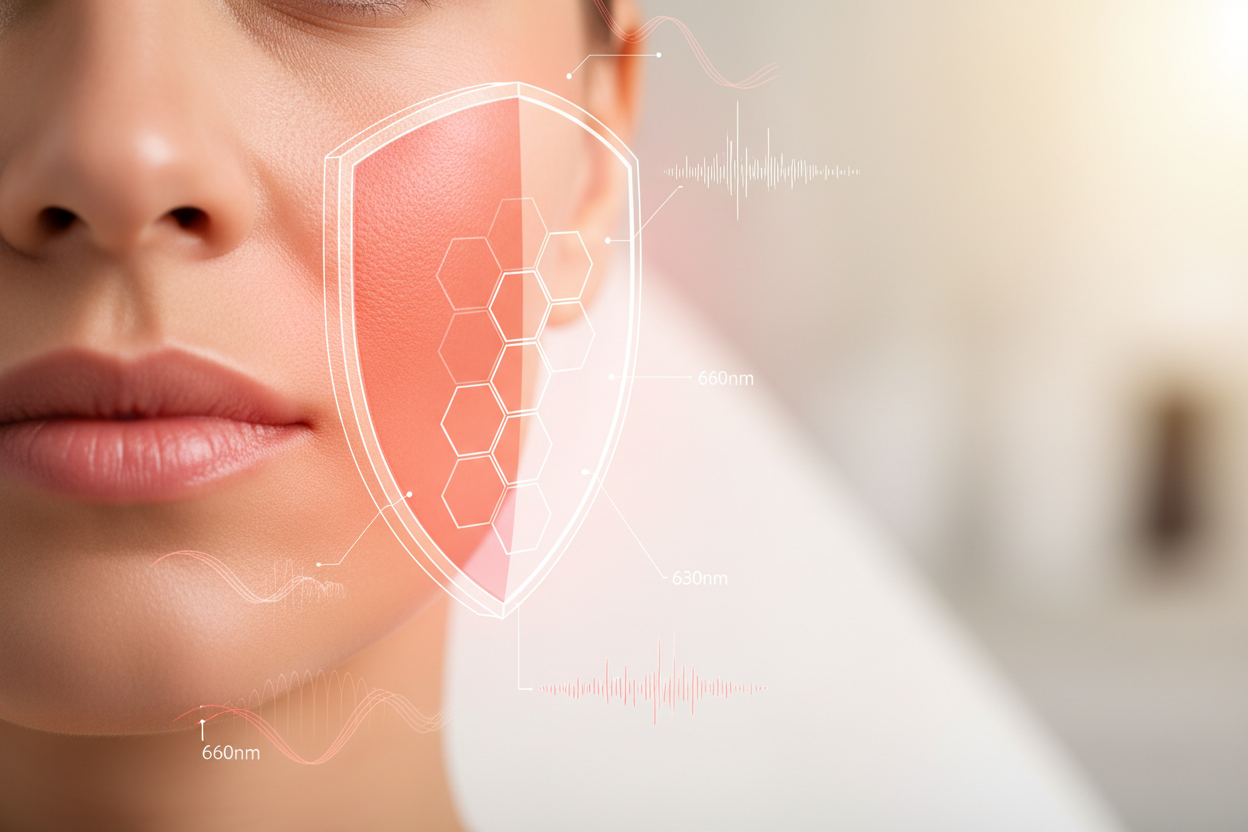Introduction
Photobiomodulation (PBM) using red light is increasingly being studied as a potentially effective method in the fight against skin cancer, especially melanoma. The REDelios PBM panel is one of the modern devices that utilizes this technology. This article summarizes findings from several studies, provides a comprehensive overview of the effectiveness of the REDelios panel in the prevention and treatment of melanoma, and presents recommendations for its use.
Overview of Relevant Studies
1. Inhibition of melanoma using red light (Austin et al., 2022):
- This study demonstrated that red light has the ability to inhibit the proliferation of melanoma cells and affect the tumor microenvironment. The results suggest that red light phototherapy (RL) increases apoptosis and oxidative stress in melanoma cells while enhancing the body's immune response.
2. LED photoprevention (Barolet et al., 2009):
- The study focused on the effect of repeated exposure to red light on the skin's reaction to UVB radiation. It was found that red light can reduce the minimal erythema dose (MED), thereby protecting the skin from damage caused by UV radiation.
3. Transcriptomic analysis of the protective effects of red light (Kim et al., 2019):
- This study identified genes that are modulated by red light and play a role in protection against UVB damage. Red light enhances the adaptive response to oxidative stress and promotes DNA repair mechanisms.
4. Red light and DNA repair (Greene et al., 1998):
- Research has shown that red light can activate DNA repair processes and thereby reduce cellular damage caused by UV radiation.
5. Melanoma is not caused by sunlight (Christophers, 1998):
- Allen J. Christophers found in his study that melanoma is not primarily caused by sunlight. The study showed that genetic factors and other environmental influences play a key role in the development of melanoma, which changes the traditional view of sunlight as the main culprit.
Recommended use of the REDelios PBM panel
Based on available scientific knowledge and convincing study results, the following use of the REDelios PBM panel can be recommended:
1. Prevention of skin damage from UV radiation:
- Regular use of the REDelios PBM panel before UV exposure (e.g., before sunbathing or using a tanning bed).
- Recommended frequency: 2-3 times a week, always before expected UV exposure.
- Therapy duration: 10-15 minutes per session.
2. Support for melanoma treatment:
- Use of the REDelios PBM panel as a supplement to standard melanoma treatment (surgery, chemotherapy, radiotherapy, immunotherapy).
- Recommended frequency: 3-5 times a week, ideally in coordination with an oncologist.
- Therapy duration: 15-20 minutes per session.
3. Preventive use in high-risk groups:
- Regular use of the REDelios PBM panel in individuals with an increased risk of melanoma (e.g., people with multiple atypical nevi, genetic predisposition, history of repeated sunburns).
- Recommended frequency: 2-3 times per week.
- Therapy duration: 10-15 minutes per session.
Conclusion
Incorporating the REDelios PBM panel into preventive and therapeutic strategies represents a promising approach to improving skin protection and melanoma treatment. The REDelios PBM panel is a non-invasive and safe method with minimal side effects, making it an attractive choice for both patients and doctors.
Available evidence suggests that PBM using the REDelios panel may play an important role in the fight against melanoma and in improving patients' quality of life. However, it is always advisable to consult your health condition and individual plan with a dermatologist or oncologist before starting therapy.
Given the increasing incidence of melanoma, it is important to utilize all available preventive and therapeutic tools. The REDelios PBM panel appears to be an effective complement to a comprehensive approach to melanoma prevention and treatment, which also includes other measures such as regular skin checks, sun protection, and a healthy lifestyle.
Further clinical studies are necessary for a full understanding and optimization of the effects of the REDelios PBM panel in practice. However, this tool can already be recommended as part of the modern arsenal in the fight against melanoma.
For more information, we recommend reviewing the studies available on [PubMed: LED photoprevention](https://pubmed.ncbi.nlm.nih.gov/18306161/), [Protective effects of red light](https://pubmed.ncbi.nlm.nih.gov/30956030/), and [Red light and DNA repair](https://pubmed.ncbi.nlm.nih.gov/9764844/).





Leave a comment
This site is protected by hCaptcha and the hCaptcha Privacy Policy and Terms of Service apply.